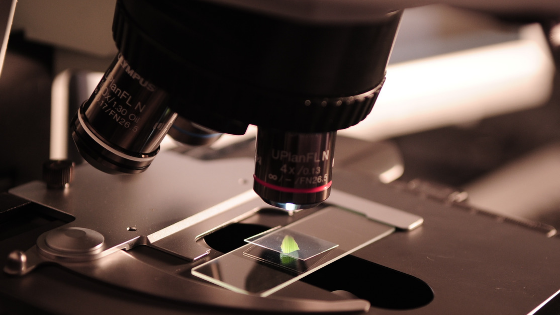A team of medical researchers based in the University of Policlinico Hospital in Milan, Italy claim that
they have discovered biomarkers for bipolar patients with and without psychosis. The team’s study,
which was published in the journal Bipolar Disorders, found that the brains of both sets of bipolar
patients, those with psychosis and those without, metabolize glucose in ways that were distinct from
control subjects without bipolar disorder.
While biomarkers have long been used in numerous medical fields, they have been difficult to pinpoint
in the world of mental health. This is not for want of trying. Researchers have been looking for
biomarkers that faithfully correlate with specific mental illnesses. However, the Italian researchers have
discovered the first biomarker for a mental disease that can be identified with clinical testing. This has
the potential to be a major finding, and it has created a renewed sense of optimism among researchers
who believe that biomarkers for other mental diseases could soon be uncovered.
Without biomarkers, mental health professionals are unable to use objective testing to determine if a
patient has a specific mental illness. Rather, they must depend on self-reporting of symptoms to
diagnose and treat patients with these illnesses. This presents several limitations.
What Are Biomarkers?
Biomarkers are part of a broader category of medical signs, which allow for objective observations of
phenomena within the body. Some well-known medical signs include skin rashes, swelling, and
discoloration. It is evidence that anyone, whether the patient or a medical professional, can observe.
Conversely, there are symptoms. Symptoms are more subjective, as patients report their symptoms to a
medical professional. For example, a patient may have a great deal of pain in their foot. If there are no
signs (swelling, redness, bruising, etc.), then the only way the doctor or nurse will be able to know about
the pain is from the patient expressing the symptom of pain.
Biomarkers, however, are different. To use the definition created by a National Institute of Health group
in 2001, a biomarker is, “A characteristic that is objectively measured and evaluated as an indicator of
normal biological processes, pathogenic processes or pharmacologic responses to a therapeutic
intervention.” These biomarkers can be used for diagnostic or prognostic purposes and to either
monitor or even predict a disease. Some of the kinds of procedures that rely on biomarkers include the
mammogram (to test for breast cancer) and the fasting plasma glucose test (to diagnose diabetes).
Without biomarkers, it can be difficult to accurately diagnose a condition. Furthermore, biomarkers can
oftentimes provide medical professionals with valuable information about what is happening within
your body well before other signs or symptoms appear. In most cases, catching a disease in its earliest
stage improves our ability to fight it.
Biomarkers and Mental Health
Biomarkers and signs oftentimes give doctors a more accurate picture of what is going on in a patients’
body than symptoms. This is especially true when mental health professionals are attempting to arrive
at a diagnosis.
In some cases, it could be because a patient is in denial. The patient does not want to share their
symptoms out of embarrassment or for other reasons. In more extreme cases, the patient’s inability to
accurately serve as a narrator of their own experiences is part of their disease. For example, a
schizophrenic patient does not experience paranoid delusions as delusions. They are the patient’s
reality. Mental health professionals are tasked with recognizing this, and then treating the underlying
disorder.
Unfortunately, this reliance on subjective data to diagnose and determine a treatment plan is far from
foolproof. Without an objective test, conditions can go undiagnosed or misdiagnosed. This is why the
Milan study is such big news.
What the Milan Study Found
By using fluorodeoxyglucose (FDG), a tracer that allows researchers to study how glucose is processed by the brain with the aid of positron emission tomography (PET) scans, the team in Milan found that
glucose uptake with bipolar patients with and without psychosis was different when compared to
healthy controls. Furthermore, there were clear distinctions between bipolar patients with and without
psychosis.
While the study’s findings may not seem revolutionary, the research reveals that there are observable
phenomena in the brain that correlate with symptoms of at least one mental illness. Consequently, this
leaves the door open to the possibility that the occurrence of other mental illnesses may also correlate
strongly with other biomarkers that doctors can discern.
Biomarkers could eventually be used to do more than just improve the way mental illnesses are treated.
They may also reveal what, if any, neurochemical phenomena cause them. This would mean doctors
could one day be able to predict and take proactive measures to mitigate the symptoms of mental
illnesses before they become unmanageable.


0 Comments on "A Test for Bipolar Disease? A recent discovery could make it a reality"